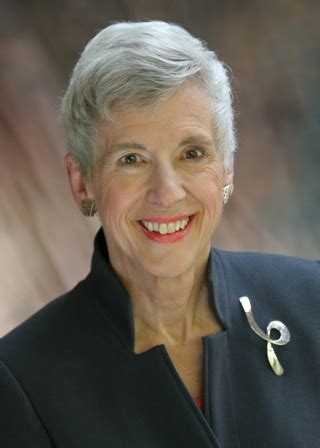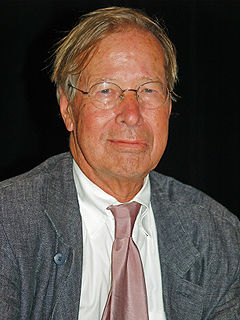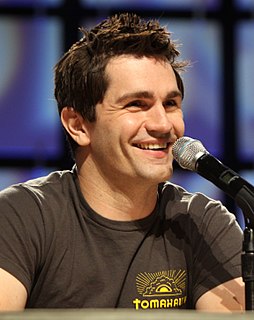A Quote by Paul Polman
The moral case for gender equality is obvious. It should not need any explanation.
Quote Topics
Related Quotes
It seems to me to be kind of inescapable that one has to be interested in the issue of gender and gender equality. I don?t really expect any credit for going in that direction. It?s the only natural direction to go in. Why is it that some people don?t see that as so patently obvious as it should be?
U.N. Women was created due to the acknowledgement that gender equality and women's empowerment was still, despite progress, far from what it should be. Transforming political will and decisions, such as the Member States creating U.N. Women, into concrete steps towards gender equality and women's empowerment, I think is one of the main challenges.
This case is not about whether marriages between same-sex couples are consistent or inconsistent with the teachings of a particular religion, whether such marriages are moral or immoral or whether they are something that should be encouraged or discouraged.... Quite simply, this case is about liberty and equality, the two cornerstones of the rights protected by the United States Constitution.
Perhaps MacKinnon should reflect on these suggestions that the censorship issue is not so simple-minded, so transparently gender-against-gender, as she insists. She should stop calling names long enough to ask whether personal sensationalism, hyperbole, and bad arguments are really what the cause of sexual equality now needs.
Equality is not a concept. It's not something we should be striving for. It's a necessity. Equality is like gravity, we need it to stand on this earth as men and women, and the misogyny that is in every culture is not a true part of the human condition. It is life out of balance and that imbalance is sucking something out of the soul of every man and woman who's confronted with it. We need Equality, and we kind of need it now. 'So why do you write these strong female characters?' Because you're still asking that question.



































